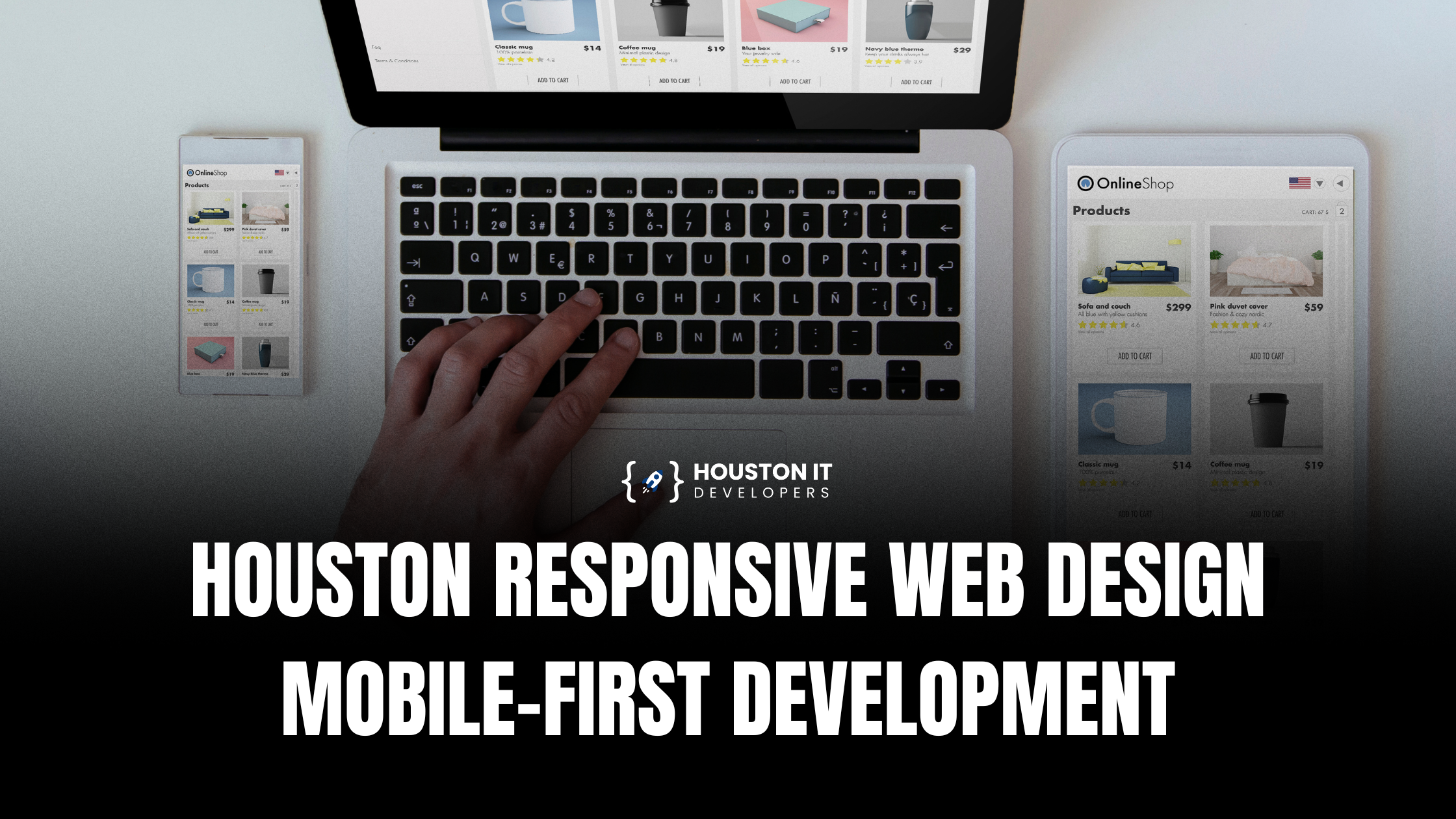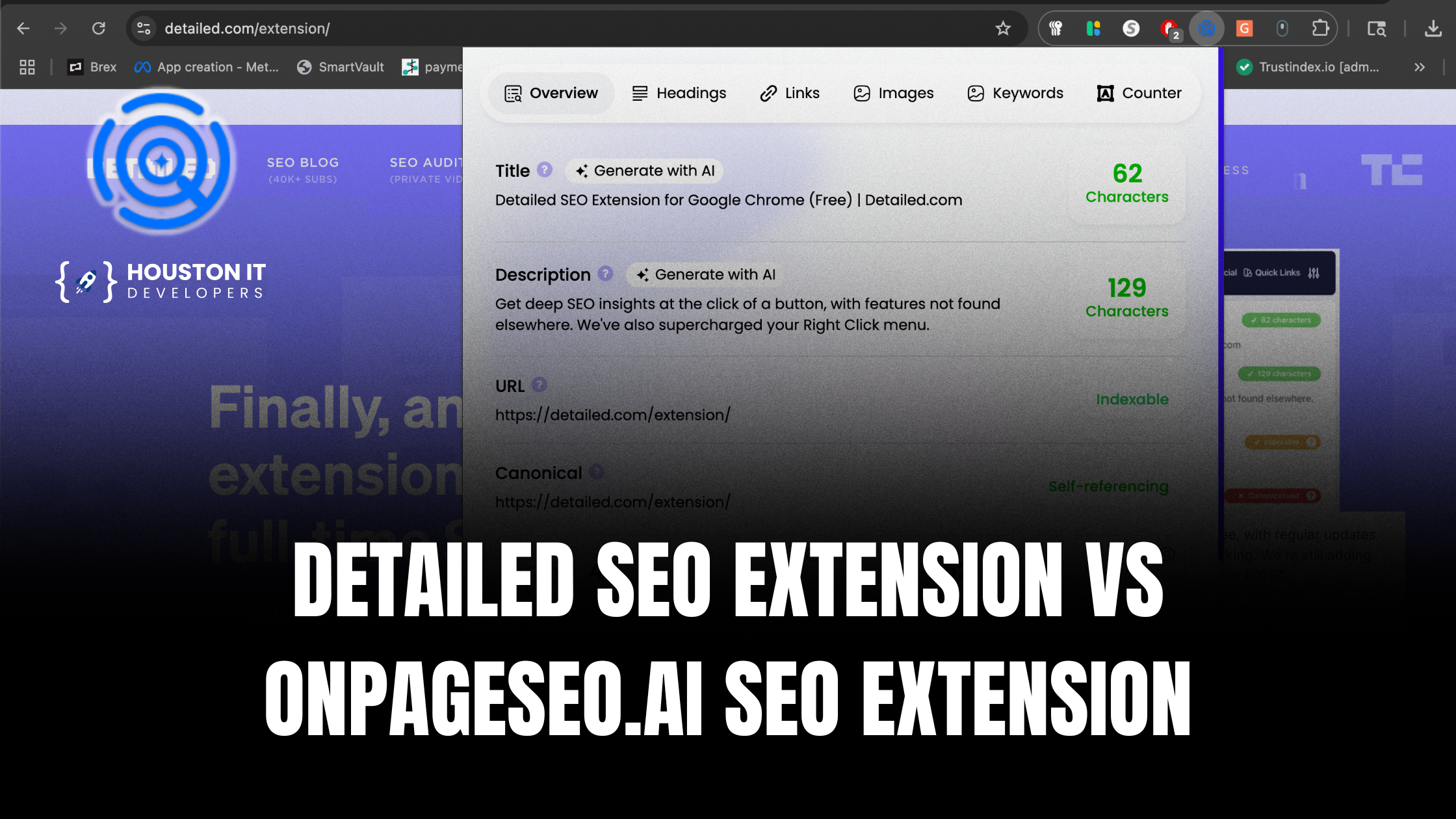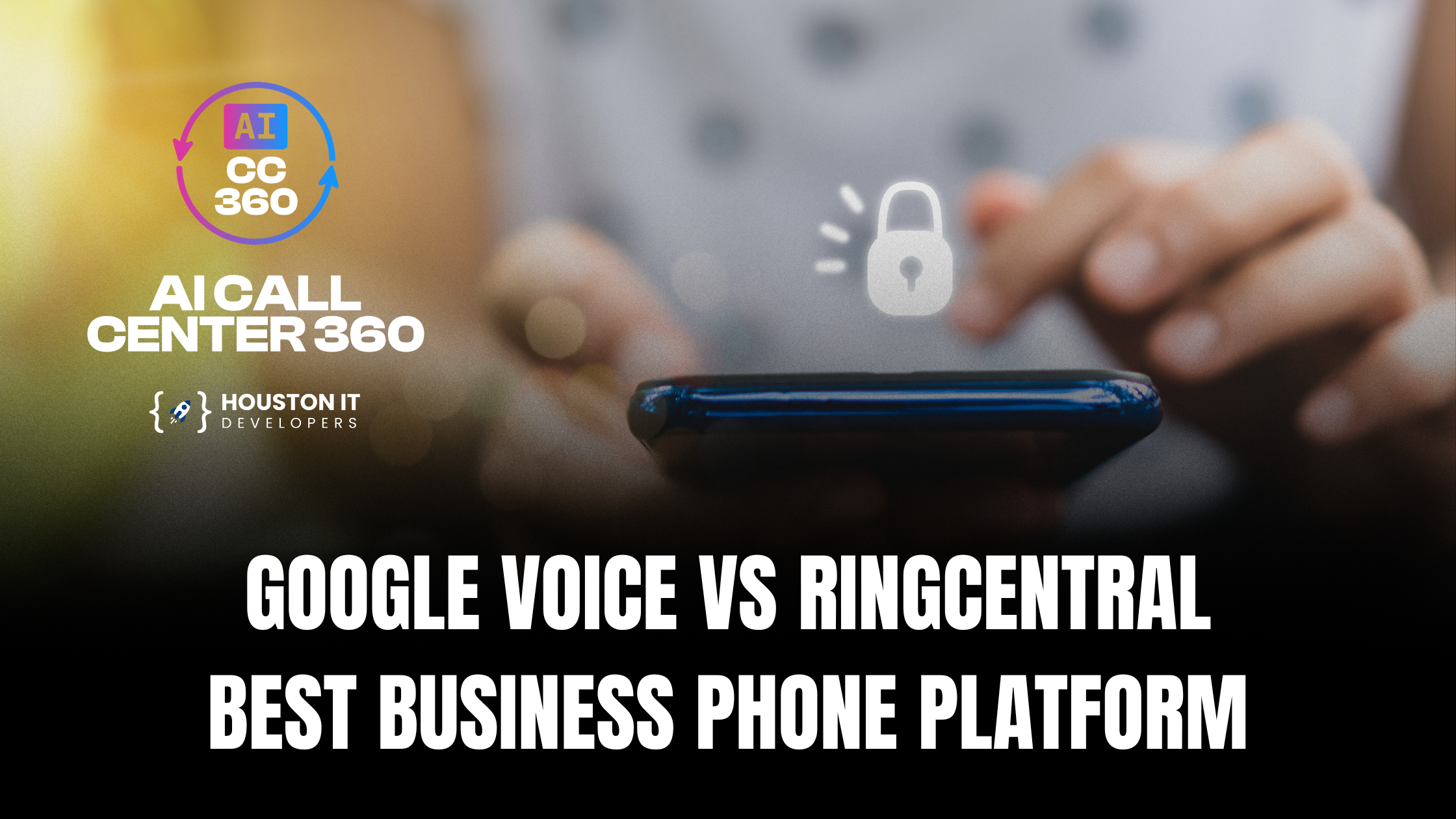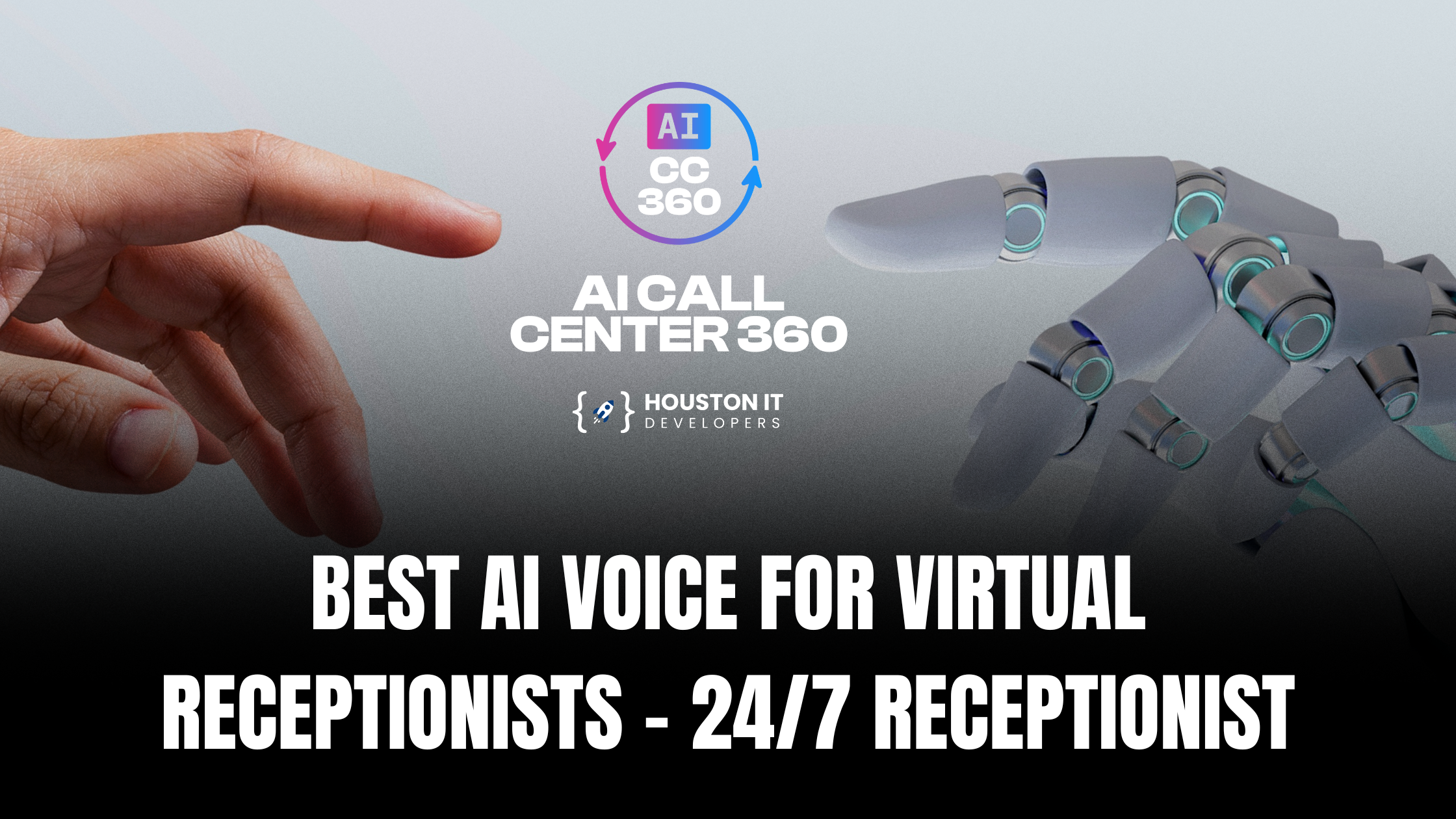While dealing with app creation, you might have heard of two terms- native apps and cross-platform (hybrid) apps.
A native mobile application is a software program developed particularly for that operating system, platform, or device. Since it is device-specific, it can use the hardware and software of the device.
The two main mobile application platforms are Google’s Android and Apple’s iOS. Native mobile app development is done in codes used for that device and OS. So, you have iOS apps in Objective-C or Swift and Android apps in Java.
A native app installs directly on your mobile device. The data associated with the app is stored both on the device and in remote cloud-based storage. A native app written for Android doesn’t work for iOS and vice-versa.
But cross-platform apps work for both Android and iOS mobile devices. This mobile app development entails creating one single code system that can run on different platforms. It means rapid development and turnaround time with cost-effective quality.
So, if we can have one code for both the operating systems, why then go for native mobile app development? Let’s understand the reasons for it.
1. Native apps are secure
When we talk about web apps, they rely on different browsers and their underlying technologies such as JavaScript, HTML, and CSS. This does not guarantee data protection for web apps. Developing a native app is a great way to secure your users’ personal information. They are protected by different layers of the device operating system. They use official APIs and platform SDKs that have already been tested across various systems. Hence it is difficult to exploit a native app making them secure.
2. Native apps provide the best performance
As we have mentioned earlier, Android app development is about writing Java-specific codes for Android mobile devices. Similarly, iOS apps have codes written in Swift or Objective-C. The app is stored in the device hardware allowing the software to leverage the APIs, components, and processing speed of the device. This ensures a quick load time and increased user experiences.
3. Native apps are intuitive and interactive
Native apps inherit the devices’ interfaces making them look and feel like a part of the device. The native mobile app development involves sticking to the OS guidelines thus aligning user experiences with the specific device. Also, hire reliable UI/UX design services to ensure you follow the imposed standards when designing the app. Adhering to the guidelines eliminates the learning curve for the users since they are already familiar with the actions and gestures in their device. As a result, the app’s features and operations flow naturally.
4. Native apps can access device capabilities
Native apps give developers access to the software and operating system features of the device. This means that the device hardware such as GPS, camera, microphone and even contacts and galleries can be accessed to improve user experiences. Push notifications are another big benefit in native apps to drive higher engagement. It is possible through the push notification service provider which is APNS for iOS devices and Google Cloud Messaging (or Firebase Cloud Messaging) for Android devices. These provide an API key or certificate for issuing a unique ID to the app-device combination. This enables the apps to send push notifications on the users’ mobile devices increasing the chances of conversions.
5. Native apps have fewer bugs during mobile app development
Cross-platform apps are built using third-party tools and frameworks. So, every time a new feature is released in the UI kit of the device or there is an upgrade, we must wait for the third-party tools to support it. The developers do not have control over this added layer, and it increases the chances of bugs. But with native mobile app development, the developers already have access to the new software development kits (SDK). So, they can start building the apps and the users benefit from access to the new features of the platform.
6. Native apps are scalable
With a hybrid app, you have to make it compatible with different versions for different platforms. Native app development is faster to configure because it is about compatibility with one platform. Since restrictions are lesser for a native app, it is easier to scale when needed. If you want to extend your user reach through a cross-platform app, start with a native app. Then add cross-platform codes to some of the smaller modules in the native app, step-by-step. This ensures you first try the native app and then go for the cross-platform app to make it scalable.
7. Native apps can be accessed offline
Web browsers have this technique of caching wherein some of the content is already stored in the user device so that it is loaded fast subsequently. Similarly, some of the contents of the native app are already stored in the users’ mobile device and these can be accessed offline. Planning and organizing can be done offline and these are synced with the app when the internet connectivity is restored or becomes better. Game apps are popular examples of offline functionality.
Conclusion
Another benefit worth mentioning is that native apps are easy to launch in the Google Play Store/Apple App Store. Since native mobile app development involves adhering to the guidelines from the first day, the launch is faster and easier without any glitches or chances of rejection. It decreases the deployment time for native apps.
Agreed, mobile app development for iOS and Android tends to take more time, money, and effort. But considering its benefits, it is a long-term bet that pays you in the form of higher conversions and online business success.








